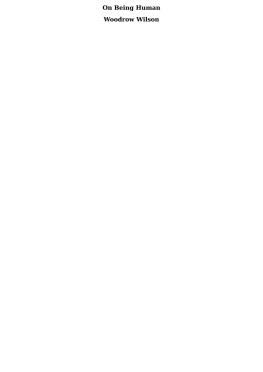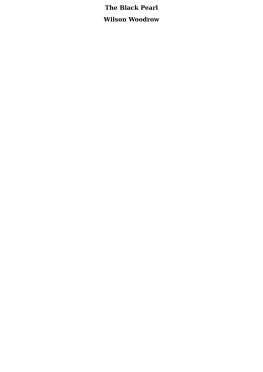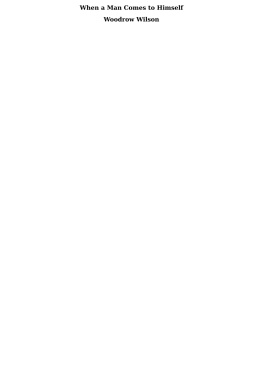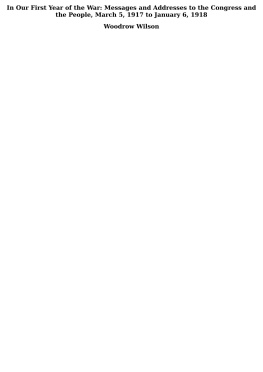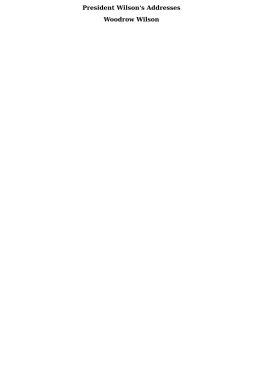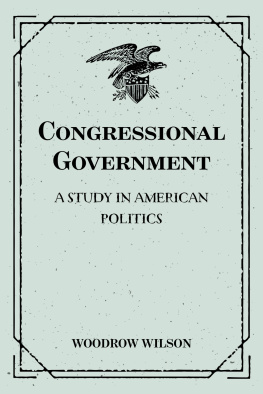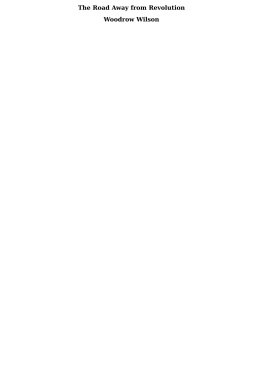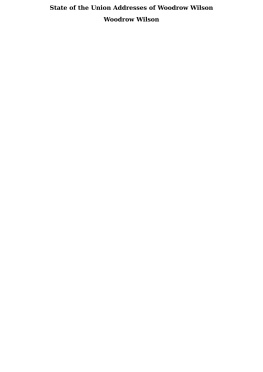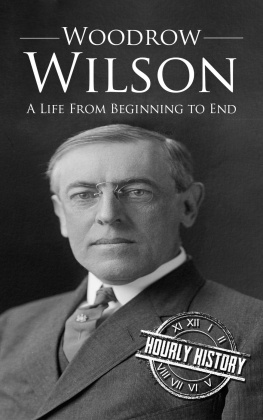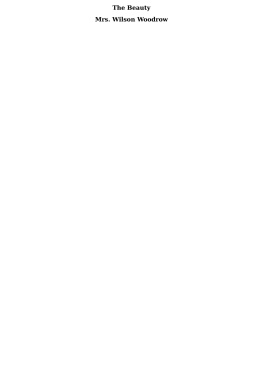Spotlight
Spotlight Books
57 Gloucester Road
CLAPHAM
MK41 6ZS
With honour of the Liam Patel
Online publishing centre.
Published in the UK by Spotlight Books, Clapham.
Spotlight Books 2020
The moral rights of the authors have been asserted
Database right Spotlight Books.
This book is located in the public domain.
All rights reserved. No part of this publication may be reproduced, stored in a retrieval system, or transmitted, in any form or by any means, without the prior permission in writing of Spotlight Books, or as expressly permitted by law, or under terms agreed with the appropriate reprographics rights organization. Enquiries concerning reproduction outside the scope of the above should be sent to the Rights Department, Spotlight Books, at the address above. http://www.spotlightBooks.xyz
You may also visit our contact page for more information regarding supporting the project.
You must not circulate this book in any other binding or cover and you must impose the same condition on any acquirer.
Data available
Ebooked in the UK
ISBN 10: 059989220X
ISBN 13: 9780599892200
I
The rarest sort of a book, says Mr. Bagehot, slyly, is a book to read; and the knack in style is to write like a human being. It is painfully evident, upon experiment, that not many of the books which come teeming from our presses every year are meant to be read. They are meant, it may be, to be pondered; it is hoped, no doubt, they may instruct, or inform, or startle, or arouse, or reform, or provoke, or amuse us; but we read, if we have the true readers zest and plate, not to grow more knowing, but to be less pent up and bound within a little circle,as those who take their pleasure, and not as those who laboriously seek instruction,as a means of seeing and enjoying the world of men and affairs. We wish companionship and renewal of spirit, enrichment of thought and the full adventure of the mind; and we desire fair company, and a larger world in which to find them.
No one who loves the masters who may be communed with and read but must see, therefore, and resent the error of making the text of any one of them a source to draw grammar from, forcing the parts of speech to stand out stark and cold from the warm text; or a store of samples whence to draw rhetorical instances, setting up figures of speech singly and without support of any neighbor phrase, to be stared at curiously and with intent to copy or dissect! Here is grammar done without deliberation: the phrases carry their meaning simply and by a sort of limpid reflection; the thought is a living thing, not an image ingeniously contrived and wrought. Pray leave the text whole: it has no meaning piecemeal; at any rate, not that best, wholesome meaning, as of a frank and genial friend who talks, not for himself or for his phrase, but for you. It is questionable morals to dismember a living frame to seek for its obscure fountains of life!
When you say that a book was meant to be read, you mean, for one thing, of course, that it was not meant to be studied. You do not study a good story, or a haunting poem, or a battle song, or a love ballad, or any moving narrative, whether it be out of history or out of fictionnor any argument, even, that moves vital in the field of action. You do not have to study these things; they reveal themselves, you do not stay to see how. They remain with you, and will not be forgotten or laid by. They cling like a personal experience, and become the minds intimates. You devour a book meant to be read, not because you would fill yourself or have an anxious care to be nourished, but because it contains such stuff as it makes the mind hungry to look upon. Neither do you read it to kill time, but to lengthen time, rather, adding to its natural usury by living the more abundantly while it lasts, joining anothers life and thought to your own.
There are a few children in every generation, as Mr. Bagehot reminds us, who think the natural thing to do with any book is to read it. There is an argument from design in the subject, as he says; if the book was not meant to be read for that purpose, for what purpose was it meant? These are the young eyes to which books yield up great treasure, almost in spite of themselves, as if they had been penetrated by some swift, enlarging power of vision which only the young know. It is these youngsters to whom books give up the long ages of history, the wonderful series going back to the times of old patriarchs with their flocks and herdsI am quoting Mr. Bagehot againthe keen-eyed Greek, the stately Roman, the watching Jew, the uncouth Goth, the horrid Hun, the settled picture of the unchanging East, the restless shifting of the rapid West, the rise of the cold and classical civilization, its fall, the rough impetuous Middle Ages, the vague warm picture of ourselves and home. When did we learn these? Not yesterday nor today, but long ago, in the first dawn of reason, in the original flow of fancy. Books will not yield to us so richly when we are older. The argument from design fails. We return to the staid authors we read long ago, and do not find in them the vital, speaking images that used to lie there upon the page. Our own fancy is gone, and the author never had any. We are driven in upon the books meant to be read.
These are books written by human beings, indeed, but with no general quality belonging to the kindwith a special tone and temper, rather, a spirit out of the common, touched with a light that shines clear out of some great source of light which not every man can uncover. We call this spirit human because it moves us, quickens a like life in ourselves, makes us glow with a sort of ardor of self-discovery. It touches the springs of fancy or of action within us, and makes our own life seem more quick and vital. We do not call every book that moves us human. Some seem written with knowledge of the black art, set our base passions aflame, disclose motives at which we shudderthe more because we feel their reality and power; and we know that this is of the devil, and not the fruitage of any quality that distinguishes us as men. We are distinguished as men by the qualities that mark us different from the beasts. When we call a thing human we have a spiritual ideal in mind. It may not be an ideal of that which is perfect, but it moves at least upon an upland level where the air is sweet; it holds an image of man erect and constant, going abroad with undaunted steps, looking with frank and open gaze upon all the fortunes of his day, feeling even and again
... the joy
Of elevated thoughts; a sense sublime
Of something far more deeply interfused.
Whose dwelling is the light of setting suns.
And the round ocean and the living air,
And the blue sky, and in the mind of man:
A motion and a spirit, that impels
All thinking things. |
Say what we may of the errors and the degrading sins of our kind, we do not willingly make what is worst in us the distinguishing trait of what is human. When we declare, with Bagehot, that the author whom we love writes like a human being, we are not sneering at him; we do not say it with a leer. It is in token of admiration, rather. He makes us like our humankind. There is a noble passion in what he says, a wholesome humor that echoes genial comradeships; a certain reasonableness and moderation in what is thought and said; an air of the open day, in which things are seen whole and in their right colors, rather than of the close study or the academic class-room. We do not want our poetry from grammarians, nor our tales from philologists, nor our history from theorists. Their human nature is subtly transmuted into something less broad and catholic and of the general world. Neither do we want our political economy from tradesmen nor our statesmanship from mere politicians, but from those who see more and care for more than these men see or care for.

